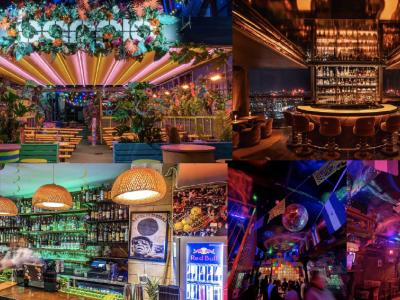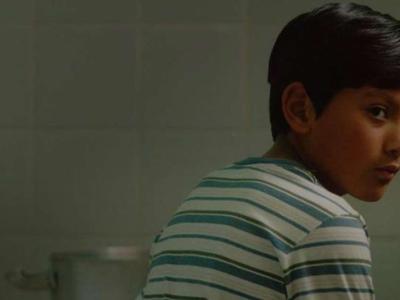Brazil’s Independence Day, 7 September, celebrates the possibly mythical cry of the Portuguese prince Pedro I, Independence or Death! ‘198 years later,’ writes the distinguished Brazilian journalist Eliane Brum, ‘we now realise that Brazil has always chosen death. But never, at any other moment of its history, has the country reached this level of perversion under the formal title of democracy. Blacks and indigenous people have been living a long history of extermination, but this is the first time a government has built a death machine. We have a genocide in power, and he is both killing people and letting them die. He has the intention, he has a plan, and he acts systematically.’
This is the beginning of Brum’s powerful article that is part charge-sheet, part diatribe, but above all a lament for what Bolsonaro is doing to Brazil and what Brazilians are allowing him to do. Bolsonaro first evaded responsibility in an undistinguished military career when he was acquitted by a court-martial for planting bombs in barracks as a part of a campaign for higher military pay. And he has filled his government with military, including the health ministry — after two ministers resigned when required to play along with his trivialisation of the COVID-19 pandemic (‘a touch of flu’) and his promotion of the useless drug hydro-chloroquine.
Bolsonaro’s nostalgia for the 21-year military dictatorship was revealed when he hailed the dictatorship’s notorious torturer Carlos Alberto Brilhante Ustra as a hero. In São Paulo’s Avenida Paulista shortly before the second round of the 2018 elections he proclaimed: ‘We’ll wipe Brazil’s red bandits off the map… This mob, if they want to stay here, will have to place itself under the law of all of us. Either they leave or they go to jail!’ And, Brum notes, what counts is not the Brazilian Constitution, but ‘the law of all of us’. And Bolsonaro defined that ‘us’ as ‘true Brazil’, opposed, naturally, to ‘false Brazilians’. While all this was happening, Brazilians ‘got on with their lives’, the politicians, the media – despite Bolsonaro’s attacks on it – most people.
Despite everything, Brum does not quite despair because she sees resistance movements. ‘I don’t believe we have a people in the sense of a mass of people of one nationality fighting for common values. But we have peoples. In the outskirts of towns and in the shanty-towns of this country there are people getting organised and fighting and creating possibilities for living despite all the forms of death. If the Amazon region still exists, it is because rural people and forest peoples are fighting, even while they are being felled by bullets – and now by COVID-19. In cities the homeless movements are organising for the right to occupy the city as a place to live in and not for property speculation. In rural areas farming families insist on feeding the country without agricultural chemicals while Bolsonaro legalises more than a poison a day. There are men and women blocking the destruction of nature with their bodies in every corner of the country. There are rebellions across all the Brazils, advancing along the cracks, from the edges.’
Brum concludes: ‘There are moments when all we can do is fight, even when we know that we will lose because most people will be getting on with life – and will continue getting on with life as long as they think that it’s only someone else’s life that’s in danger. Perhaps the most important question for this 7 September is: How can a people block their own genocide when they’ve got used to dying?’
This article was first published by The Latin American Bureau. For more great articles visit www.lab.org.uk















